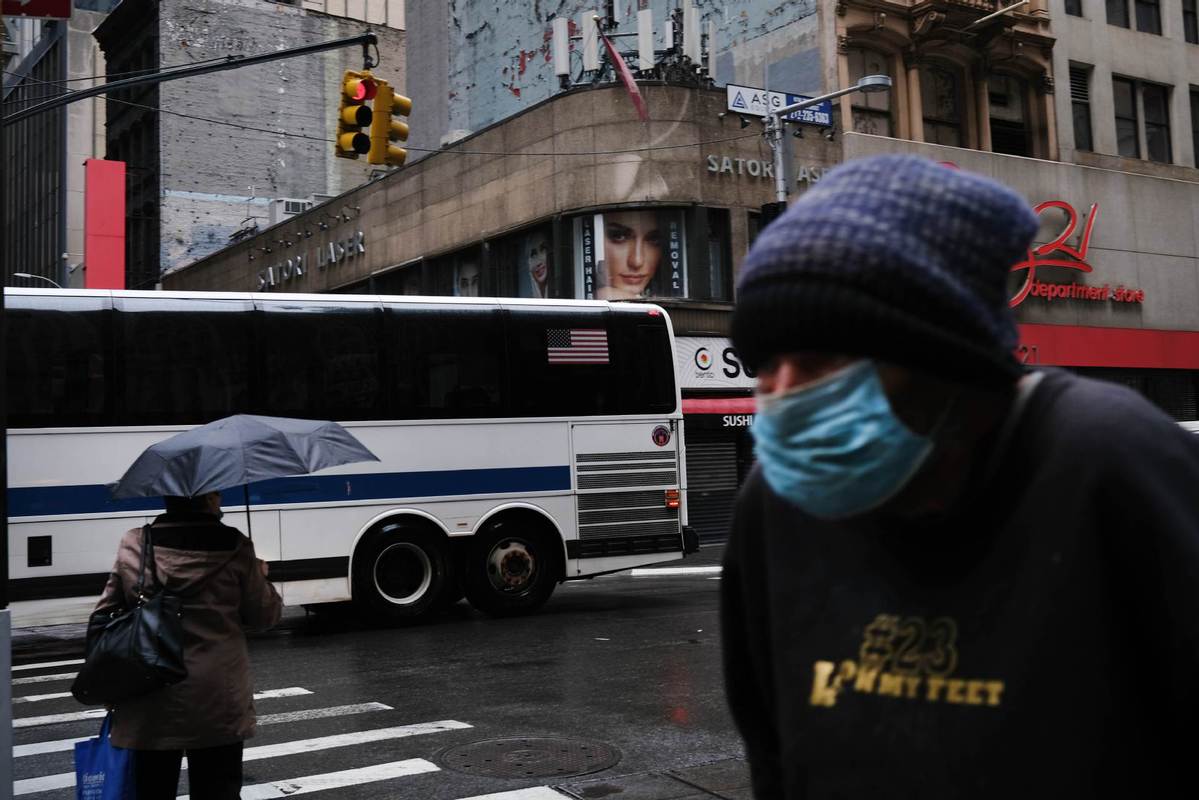$3 trillion emergency bill likely to die in US Senate


Unemployment in the United States is rising, retail sales are plunging, industrial production is sagging and Congress is squabbling about what should be included in a second stimulus bill intended to mitigate the effects of the economic shutdown due to the pandemic.
If signed into law, the $3 trillion Health and Economic Recovery Omnibus Emergency Solutions Act, or HEROES, will be a follow-up to the $2 trillion Coronavirus Aid, Relief and Economic Security Act, or CARES.
The political battle lines are sharp. The House bill, proclaimed dead on arrival in the Senate and by President Donald Trump, is unlikely to become law without substantial revisions.
Trump has said he is open to a second stimulus package, but not to bail out poorly run states or to prop up overextended pension plans.
The House passed the bill with a 208 to 199 vote late on Friday. Fourteen Democrats, including many elected from swing districts in 2018, voted against the measure. One Republican voted for it.
"The plan that we are voting on today will make a tremendous difference not only in the budgets in the states, but in the lives of the American people," said House Speaker Nancy Pelosi, a California Democrat.
"It's a parade of absurdities that can hardly be taken seriously," Senate Majority Leader Mitch McConnell, a Kentucky Republican, had said on Thursday. Both sides appear to be staking out positions for the election campaign in autumn.
Trump, believing workers should keep more of the money they earn, wants to cut payroll tax, a measure opposed by Democrats.
Democrats want more funding for state and local governments that face a cash crunch as sales and income tax revenue falls during the shutdown but as expenses skyrocket.
Republicans counter that federal money should not be used to cover bad decisions by states, including bailing out pension funds or compensating for a shrinking tax base, as high taxes and regulations drive companies to pro-business states.
Budgetary crisis
Illinois, a state dominated by Democrats, has high taxes and high spending that has driven its bond rating down to one notch from a junk rating. That means the state's bonds are considered risky, so Illinois must pay a higher interest rate, leaving less money for projects.
But Illinois is not alone in facing a budgetary crisis during the pandemic.
Before the coronavirus struck, Ohio had a $200 million surplus. But when the economy shut down, the state was soon $777 million in the red, a swing of nearly $1 billion in two months.
A coalition of Democrats said state and local governments need $1 trillion in federal aid. The alternative, they argue, is cutting basic services and laying off key personnel, including police, firefighters and teachers.
Republicans and Democrats agree more spending is needed to upgrade the nation's aging highways, bridges and transit systems, but the details have yet to be worked out.
































